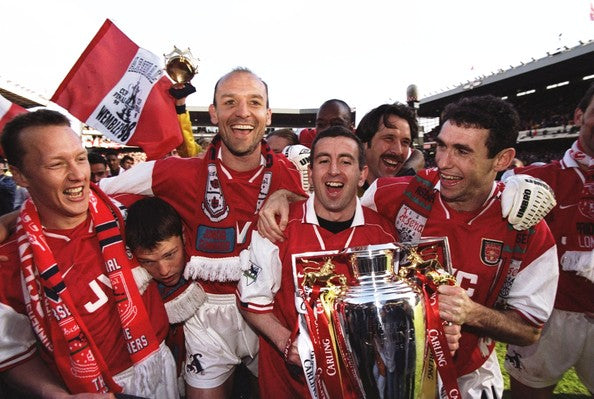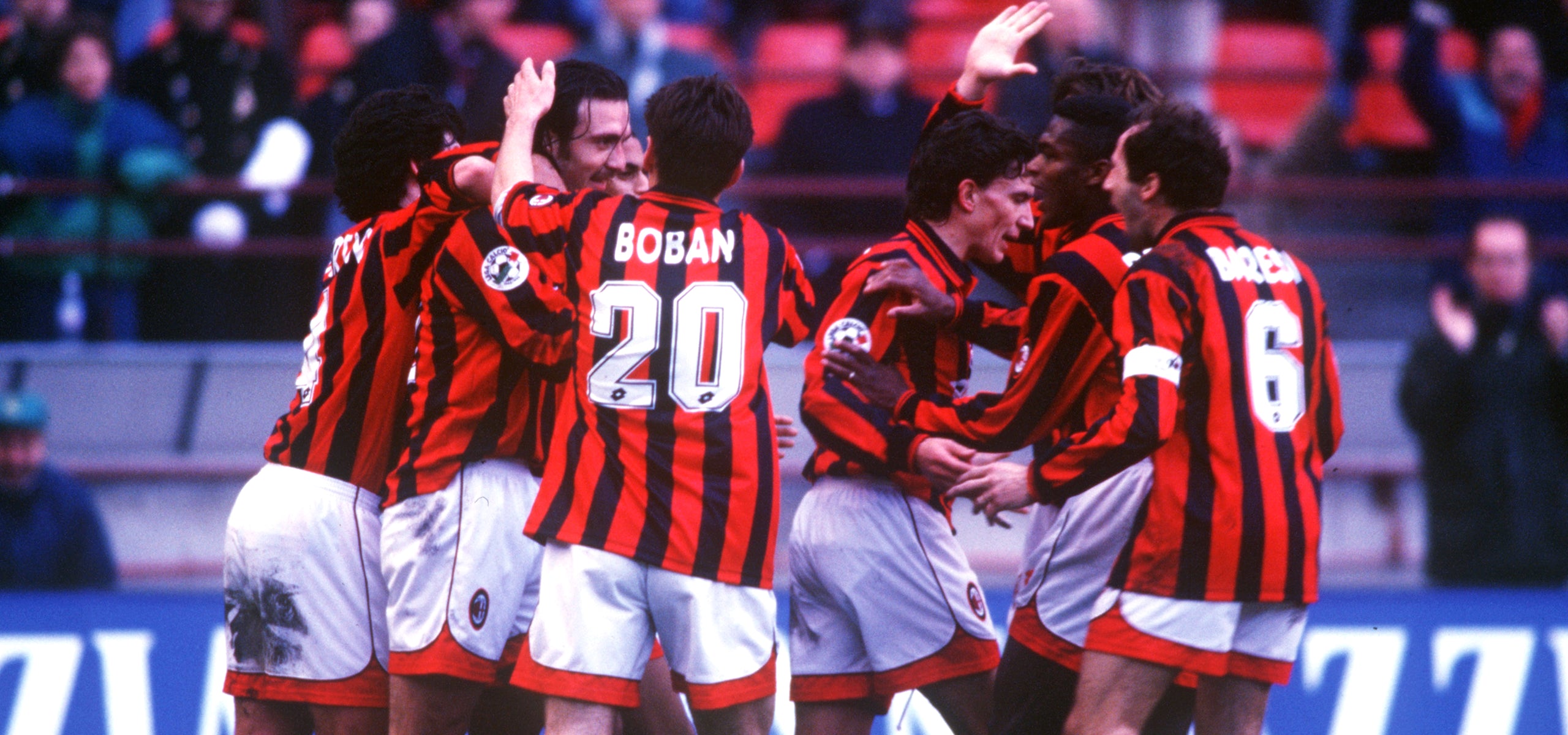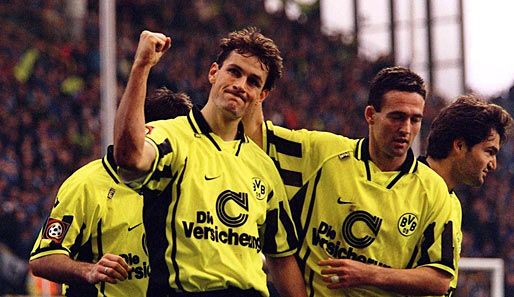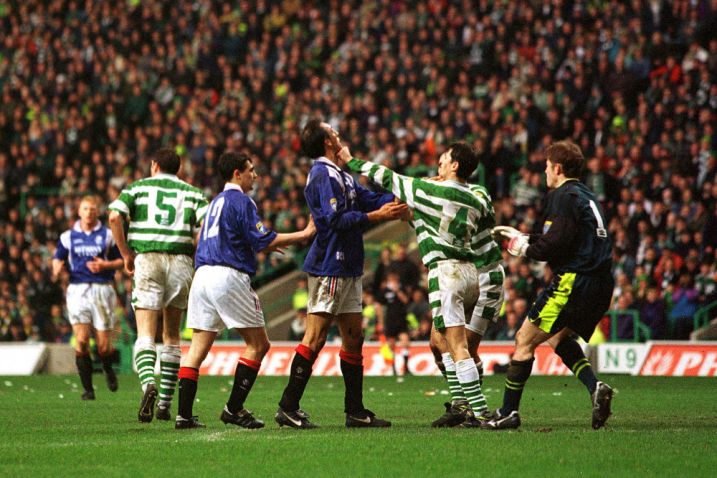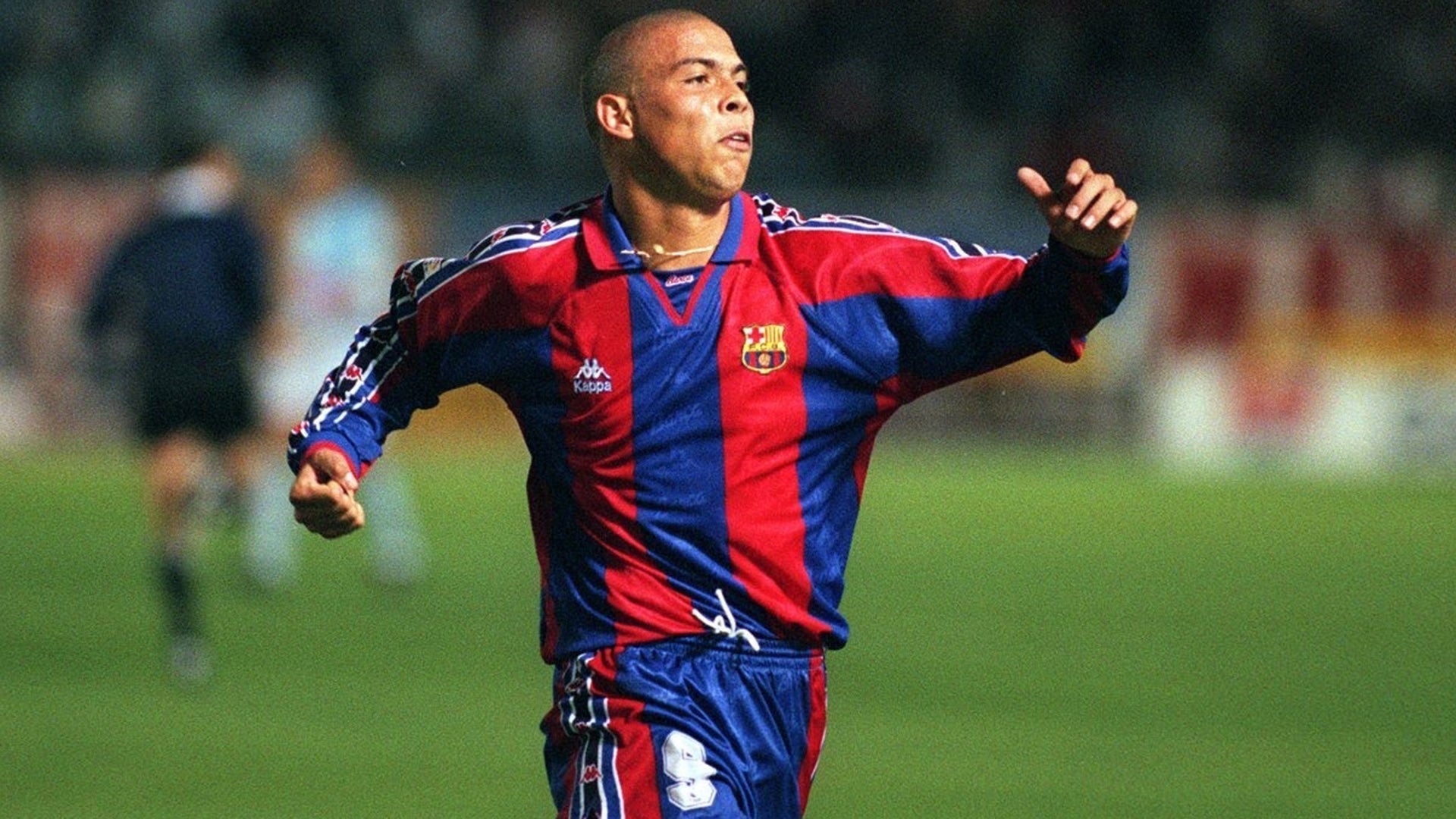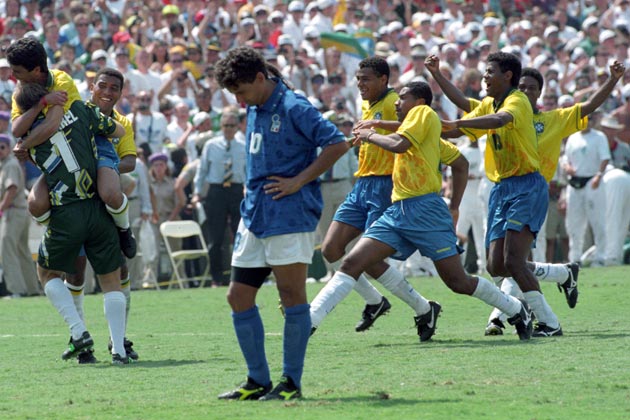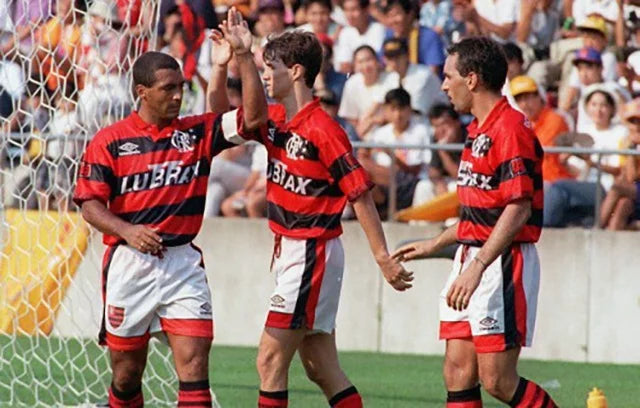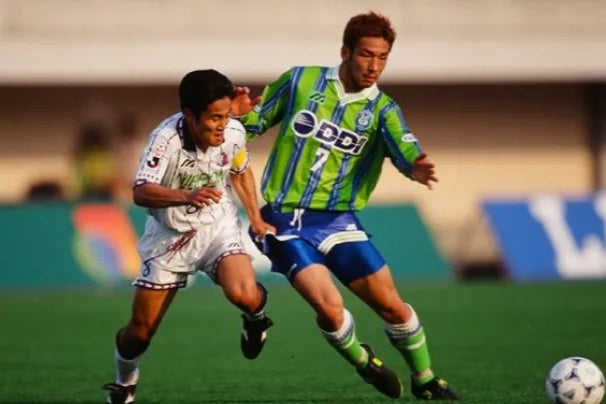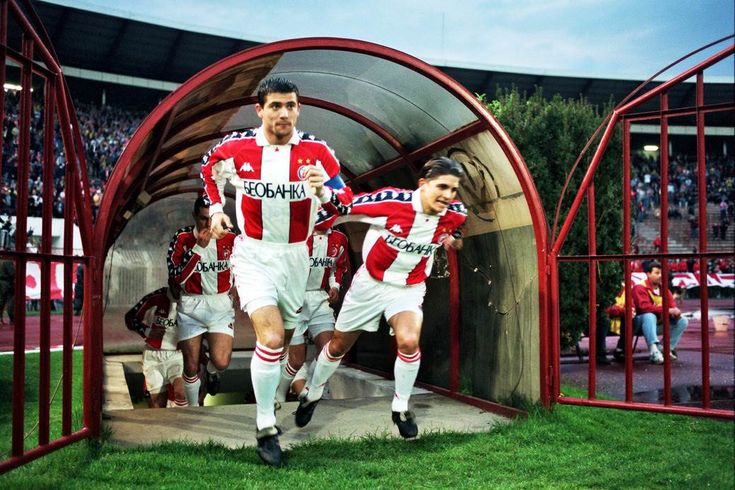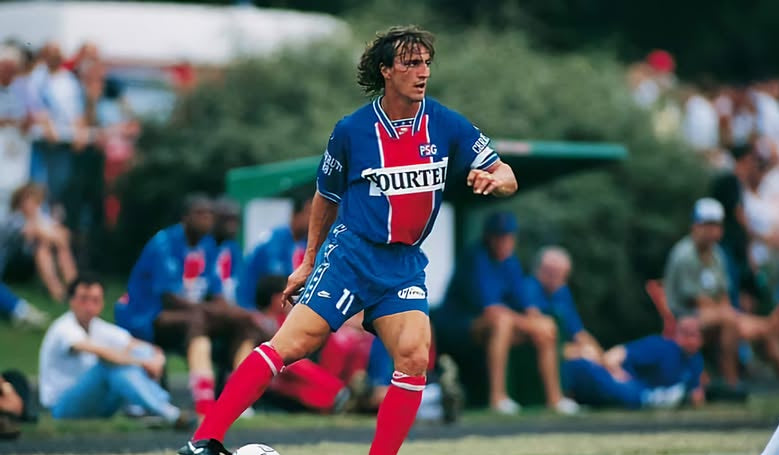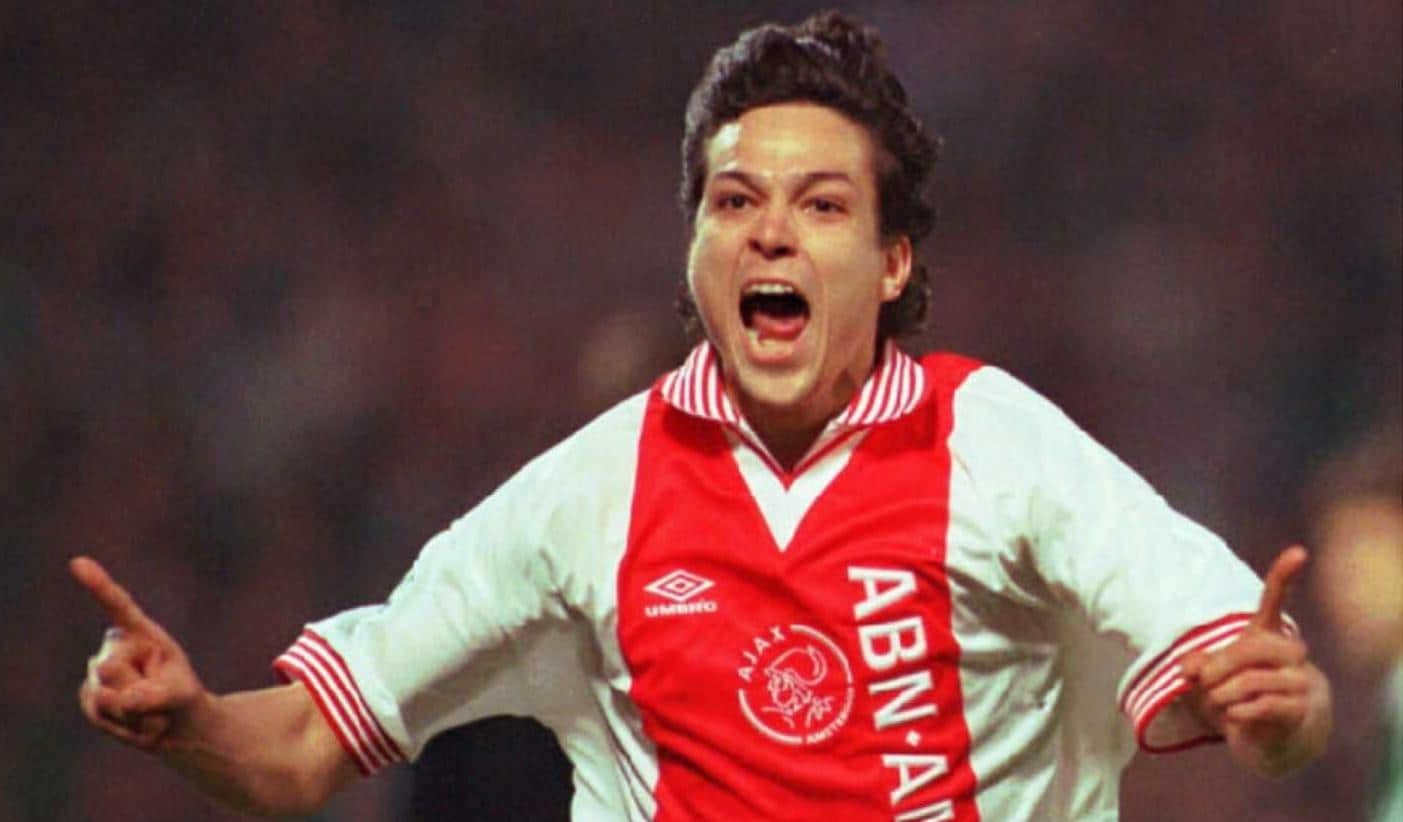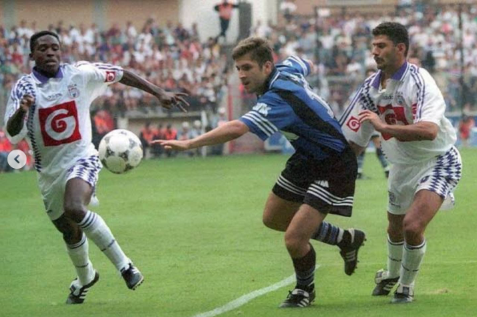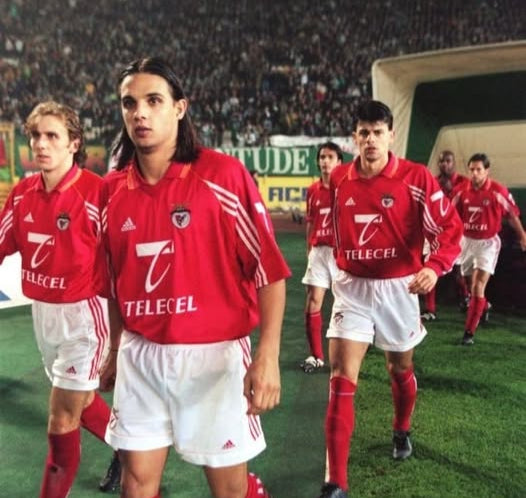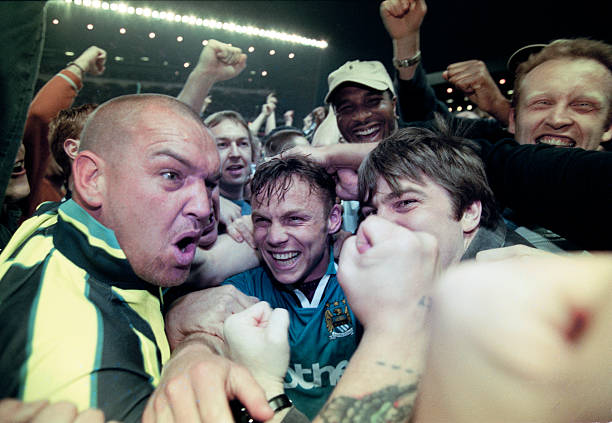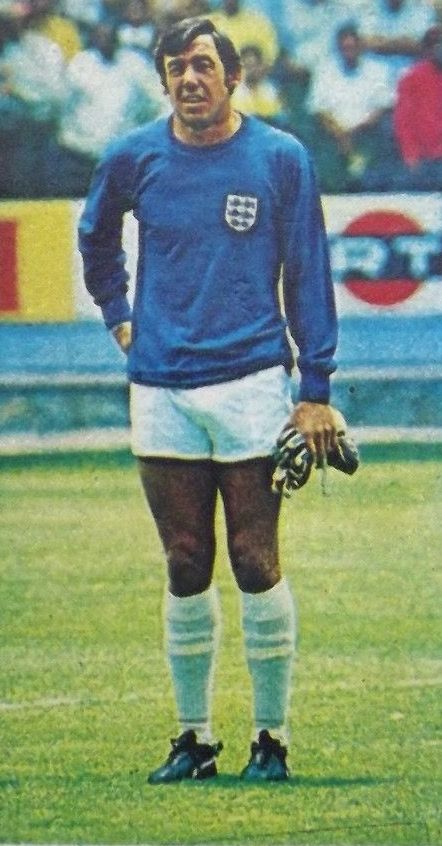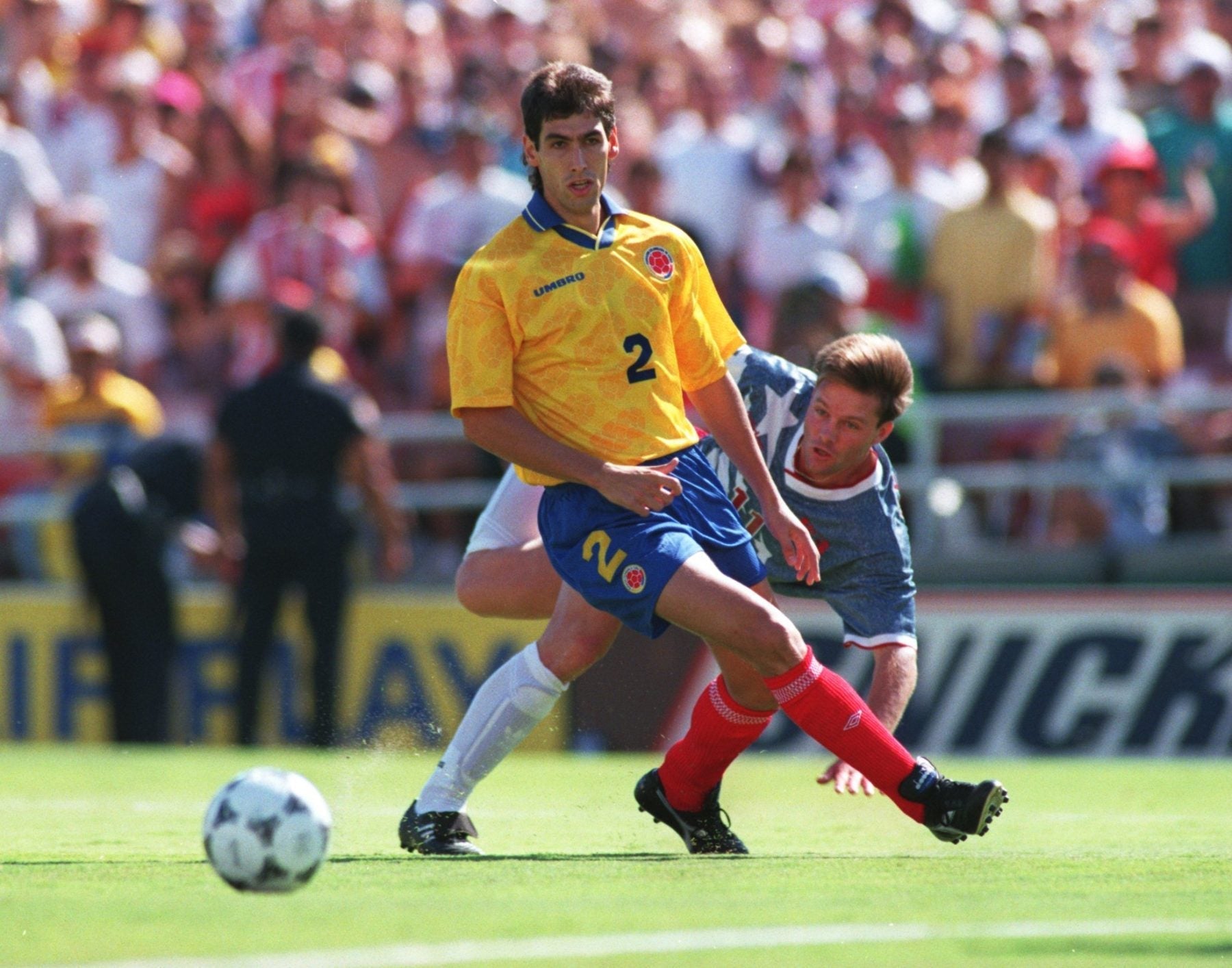
What if... Andrés Escobar Didn’t Score That Own Goal in 1994?
Football has always been full of 'what if' moments, but few carry the same weight as Andrés Escobar’s fateful night in Pasadena. Colombia entered the 1994 World Cup in the United States as dark horses, tipped by Pelé himself as potential winners. A team laced with flair - Valderrama’s golden mane, Asprilla’s chaos, Rincon’s surging power - and a backline marshalled by Escobar, El Caballero del Fútbol, the Gentleman of Football.
Against the USA, in front of a crowd buzzing with expectation and Hollywood glitz, fate intervened. Escobar slid to cut out a cross and diverted it past Óscar Córdoba. Colombia lost 2-1. Two weeks later, Escobar was shot dead in Medellín. His death, blamed in part on the own goal, became a chilling reminder of how football and violence were knotted in Colombia’s narco-era.

But what if that ball had rolled harmlessly wide of the post?
A Different World Cup
Imagine Escobar clears the danger and Colombia, still alive in the group, go on to beat the USA. With that momentum, they claw past Romania in the decider, sneaking into the knockouts. Suddenly, Pelé’s prophecy doesn’t sound so outlandish. Even if they didn’t go all the way, Colombia’s golden generation would have been remembered as contenders, not as a tragedy.
For Escobar, his tournament ends in pride rather than scapegoating. He returns home to Medellín with his reputation intact, a symbol of composure and dignity in a football-mad nation on the brink of change. Instead of being mourned, he becomes captain of the side heading into France ’98.
 xxx
xxx
The Gentleman’s Legacy
Escobar was more than a defender - he was a bridge. Educated, articulate, fiercely committed to the idea that football could lift Colombia out of its bloody spiral. Without that own goal, without the subsequent fallout, perhaps his voice grows louder in shaping the next generation. Young players, from Iván Córdoba to Mario Yepes, might have had a mentor not just in style but in spirit.
His leadership could have reshaped how Colombian football was perceived abroad. Instead of decades defined by his death and the violence surrounding it, the narrative might have been one of evolution, of football as cultural redemption. The story of Colombian football would have been less about Escobar the martyr, more about Escobar the captain.

Colombia Today
Colombia eventually found its rebirth - James Rodríguez in 2014, Radamel Falcao and Juan Cuadrado leading a renaissance. But the ghost of ’94 always lingered. Had Escobar lived, had that own goal never stained his record, maybe the national team’s resurgence would have arrived earlier. Maybe the generations of 1998 or 2001 would have carried greater weight.
Football doesn’t stop bullets, but it shapes memory. Without that flick of a right boot in Pasadena, perhaps Andrés Escobar is remembered not as a victim, but as a statesman of Colombian football. The Gentleman, alive to guide his country into a brighter, safer era.

